Best Seasons for Attic Vent Installation
Attic vent installations are most effective when performed during mild weather conditions. Spring and fall often provide optimal temperatures and humidity levels, reducing the risk of weather-related delays. Installing vents in these seasons ensures proper sealing and functionality before extreme temperatures set in.
Spring and fall are ideal due to moderate weather, minimizing installation disruptions and ensuring proper ventilation performance.
Avoid extreme heat or cold, as these conditions can affect materials and installation quality. Rain and snow can also hinder the process.
Installing vents before summer helps improve attic airflow and reduces cooling costs, while fall installations can prevent winter moisture buildup.
Temperature fluctuations influence material expansion and contraction, making moderate weather preferable for durable installation.
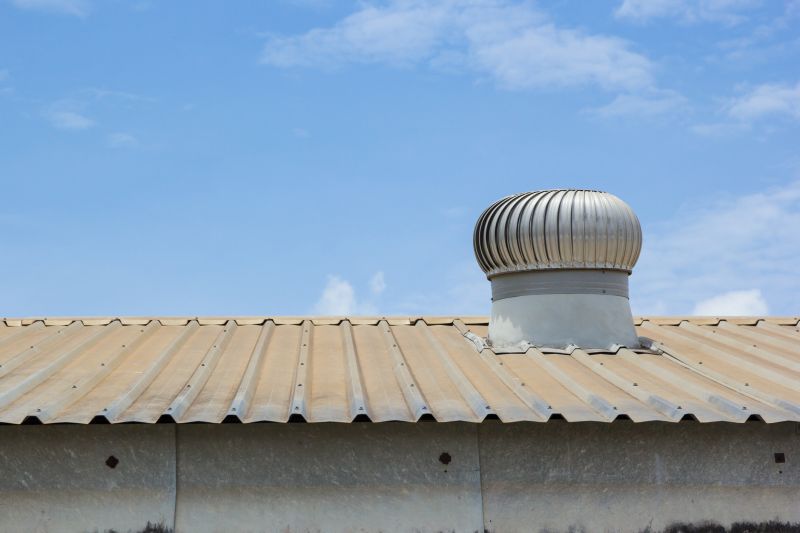
Installation involves precise placement to maximize airflow and energy efficiency.
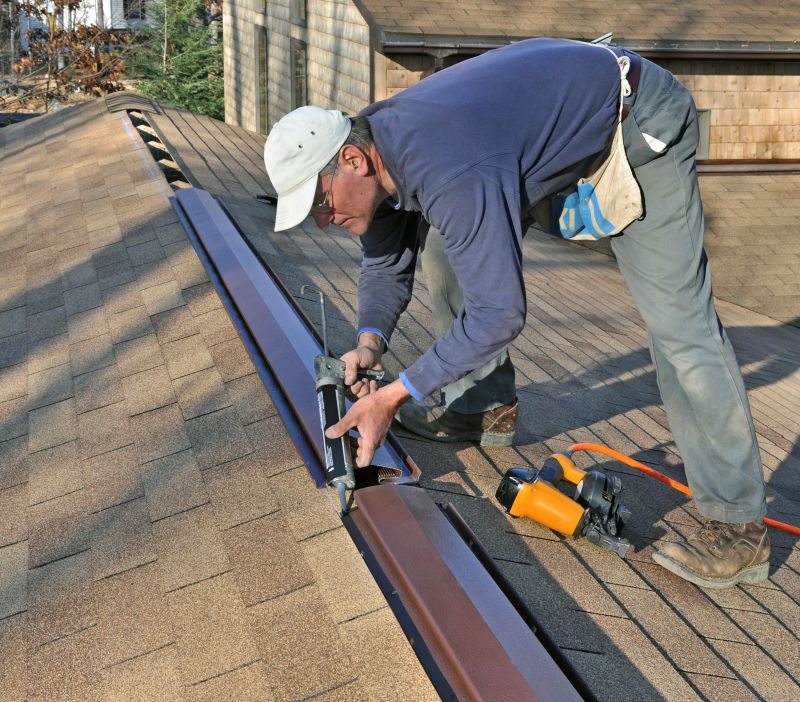
Specialized tools ensure proper sealing and secure attachment of vents.
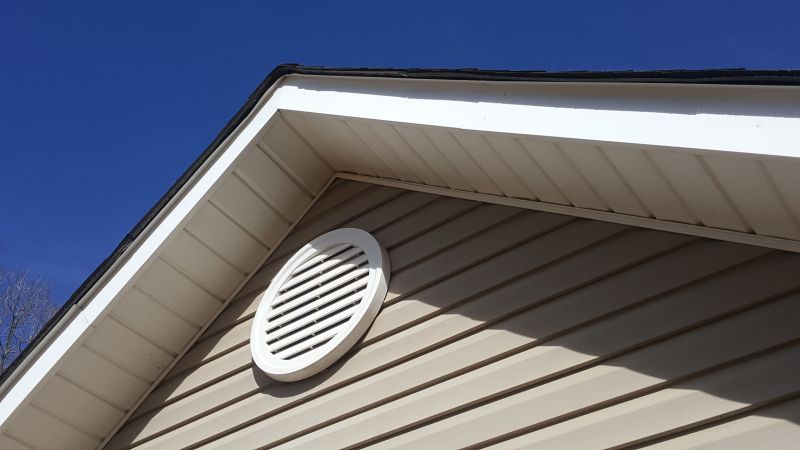
Different vent styles are selected based on attic size and ventilation needs.
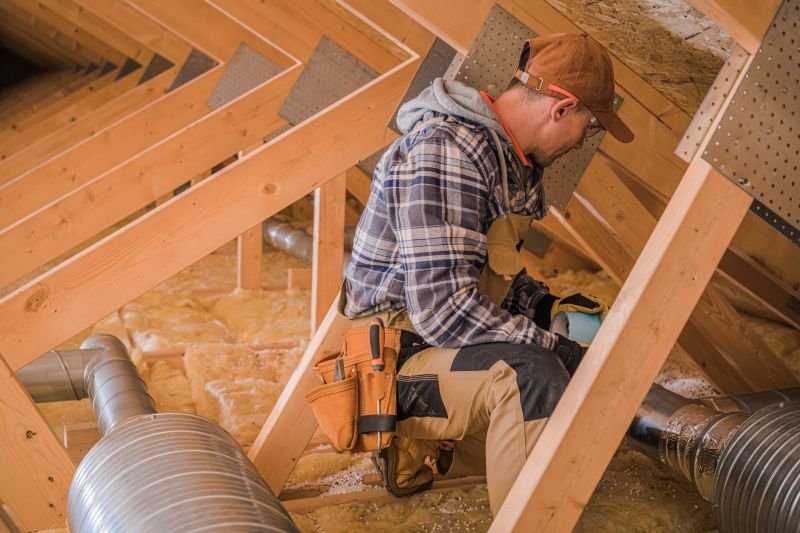
Ways to make Attic Vent Installations work in tight or awkward layouts.
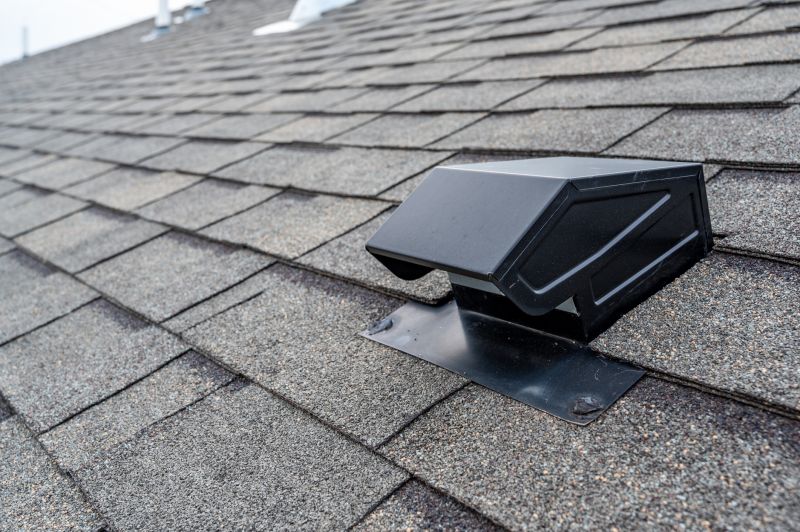
Popular materials for Attic Vent Installations and why they hold up over time.
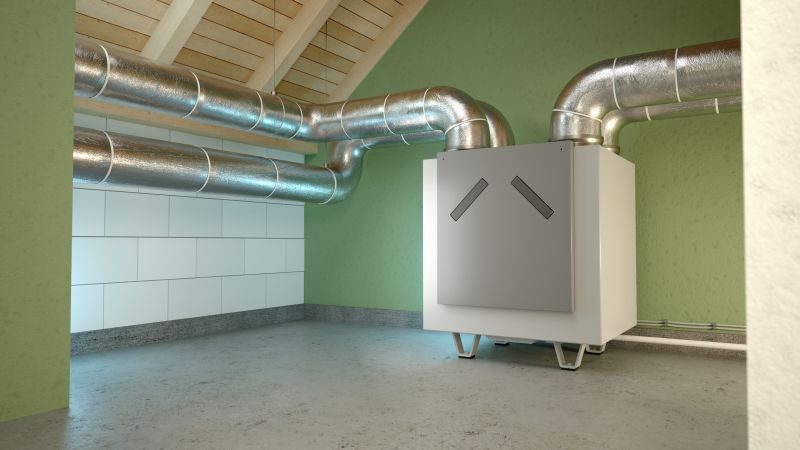
Simple add-ons that improve Attic Vent Installations without blowing the budget.
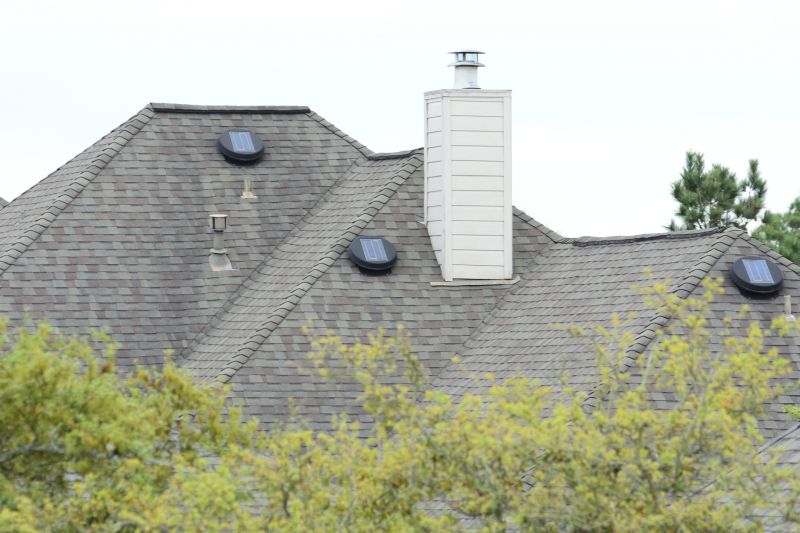
Enhanced airflow reduces moisture and heat buildup, protecting roofing structures.
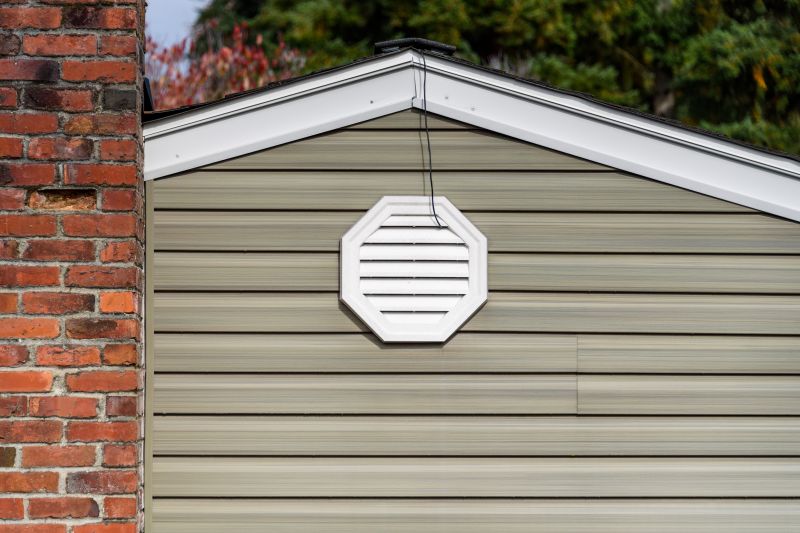
Strategic placement ensures optimal airflow and energy efficiency.
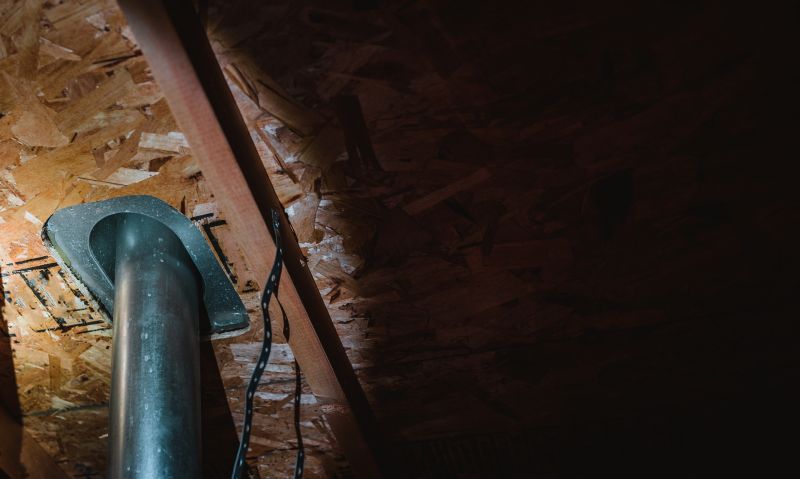
Materials vary from metal to plastic, chosen based on durability and aesthetics.

Expert methods ensure vents are sealed properly and function effectively.
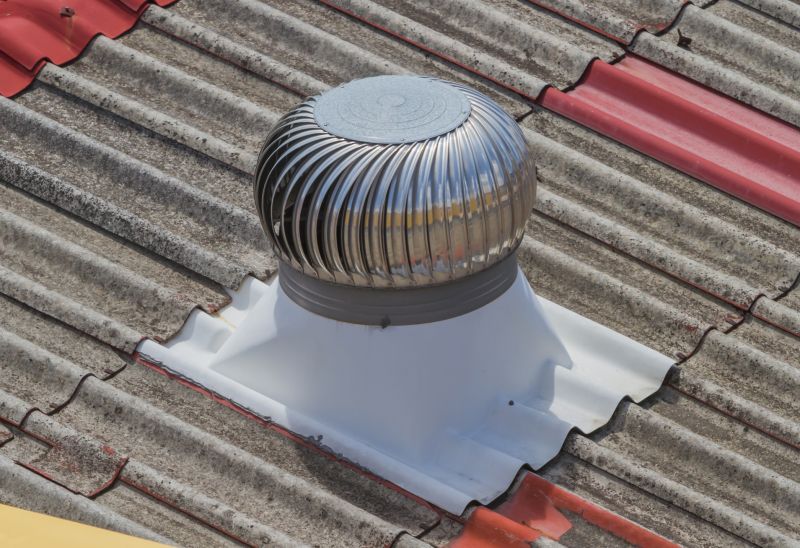
High-end options that actually feel worth it for Attic Vent Installations.
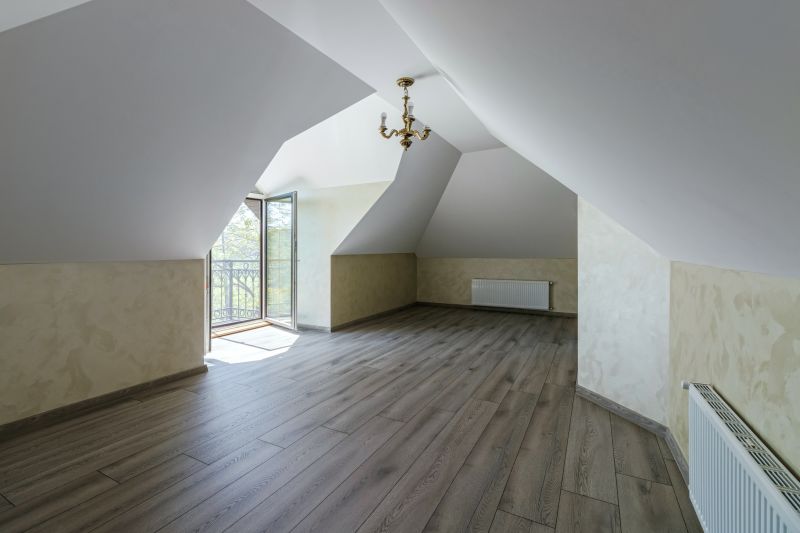
Finishes and colors that play nicely with Attic Vent Installations.

Little measurements that prevent headaches on Attic Vent Installations day.

A 60-second routine that keeps Attic Vent Installations looking new.
| Season | Advantages |
|---|---|
| Spring | Moderate weather, ideal for installation, prepares attic for summer heat. |
| Fall | Prevents winter moisture issues, allows installation before cold weather. |
| Summer | Less optimal due to high temperatures, but possible in early summer. |
| Winter | Generally not recommended due to cold and potential snow interference. |
| Late Spring/Early Fall | Transition periods with favorable conditions for installation. |
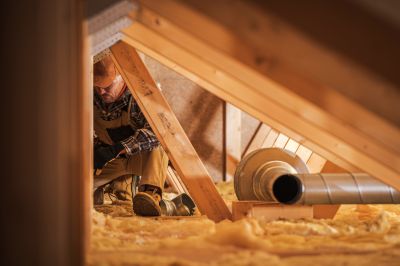
Technicians carefully install vents to ensure optimal airflow.
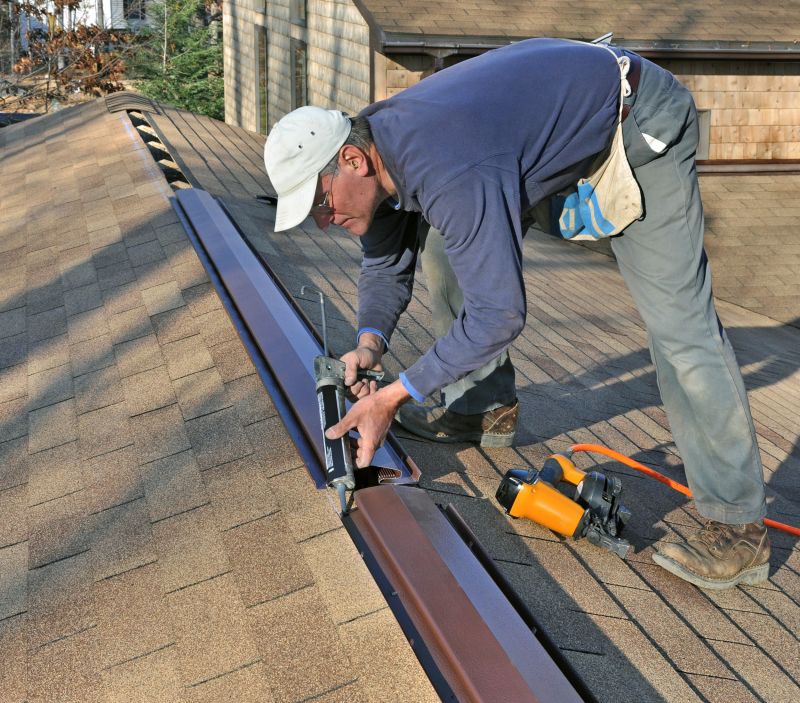
Properly installed vents ready to improve attic ventilation.
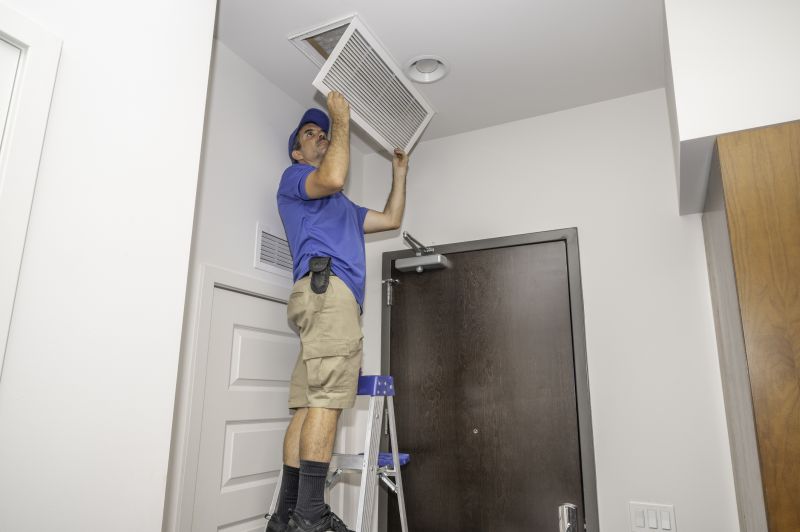
Regular inspections help maintain vent efficiency.
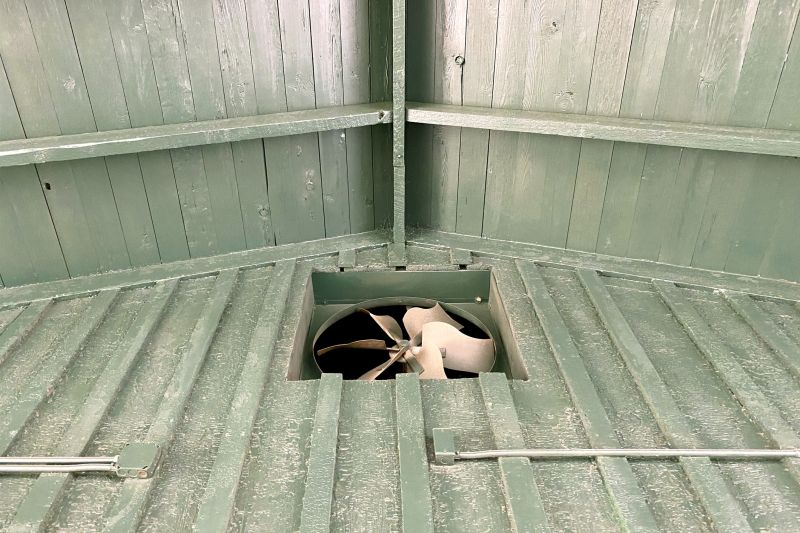
Custom solutions tailored to specific attic configurations.
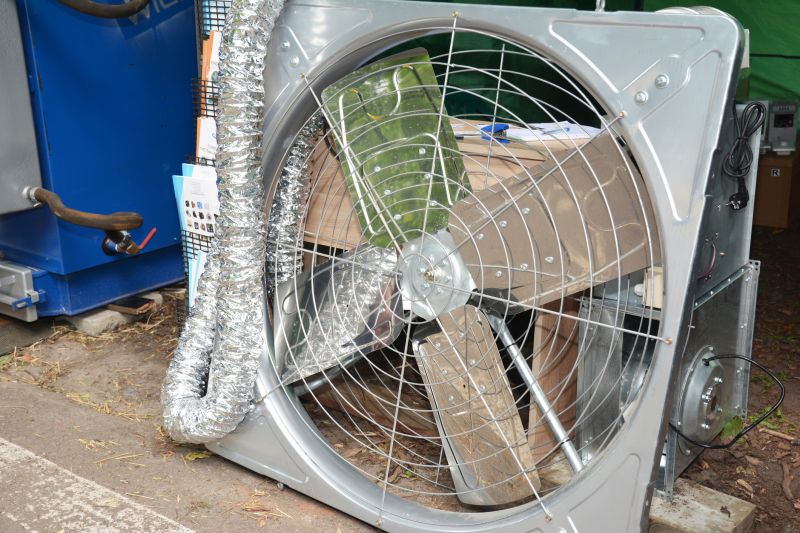
A frequent mistake in Attic Vent Installations and how to dodge it.
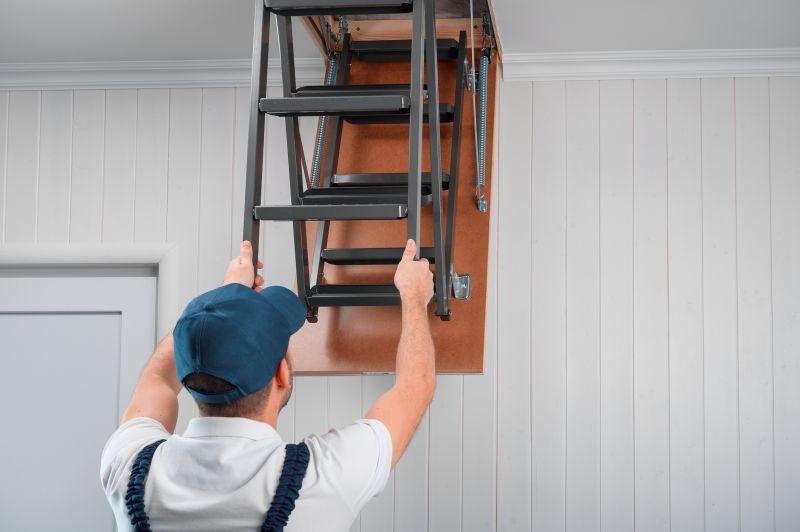
Small tweaks to make Attic Vent Installations safer and easier to use.
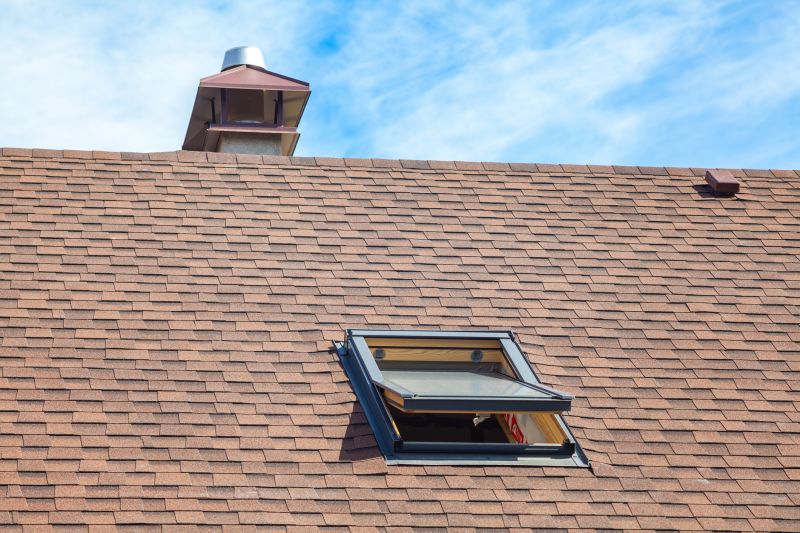
Lower-waste or water-saving choices for Attic Vent Installations.
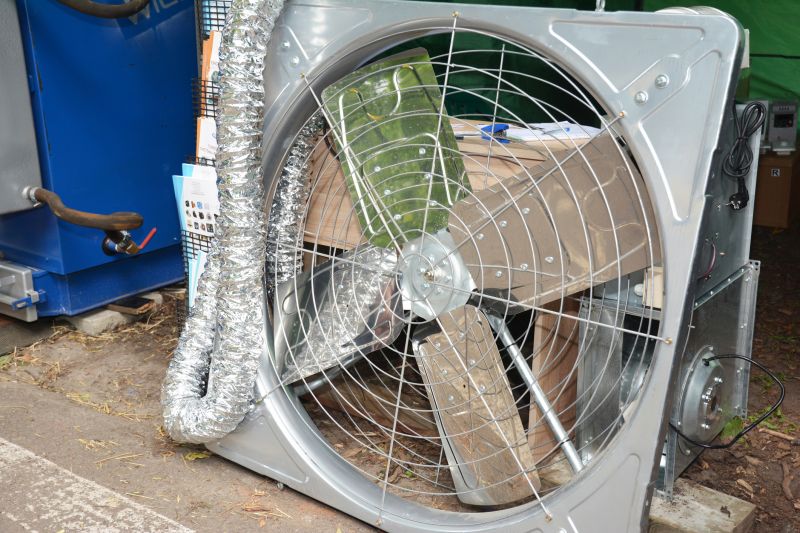
The short, realistic tool list for quality Attic Vent Installations.
Interested in enhancing attic ventilation? Filling out the contact form can provide more information and assist in scheduling an installation at the most suitable time for specific needs.
